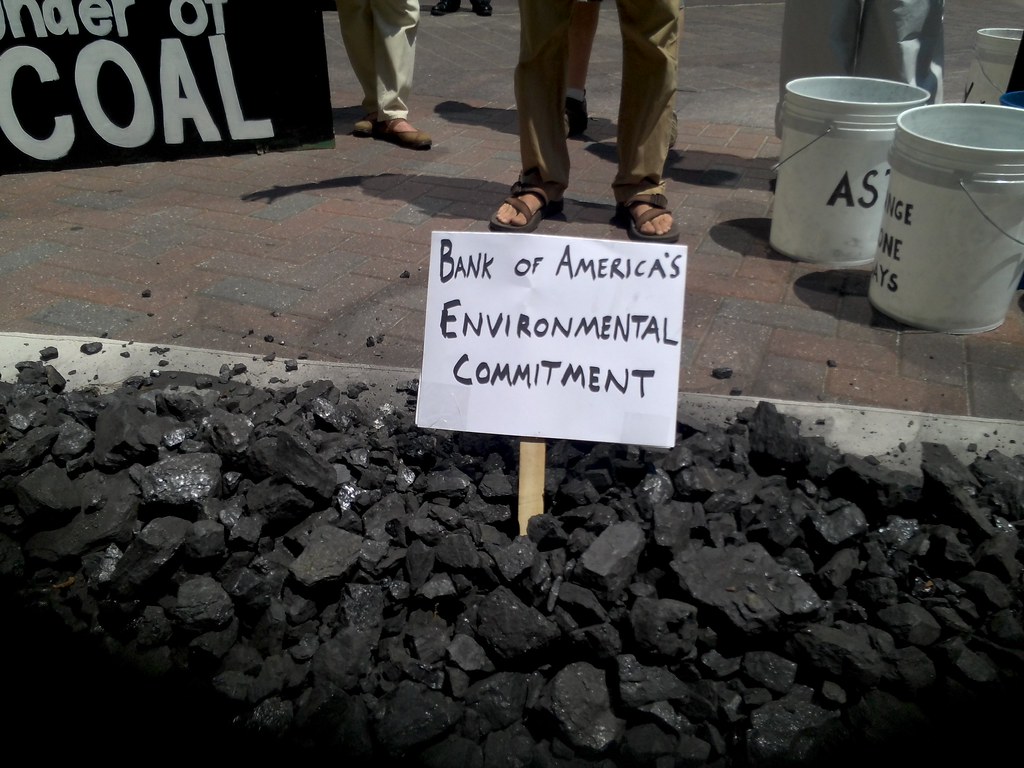Have you ever heard of the term greenwashing? If you’re in the sustainability space, my guess is YES! Greenwashing has been the talk of the eco-friendly town for quite a while now.
Back in 1986, environmentalist Jay Westerveld coined this term to refer to organizations that were doing more to promote their products as green than they were to actually making them eco-friendly. “Whitewashing,” which greenwashing is a play on, means using misleading information to cover up bad behavior.
“Greenwashing is the process of conveying a false impression or providing misleading information about how a company’s products are more environmentally sound. Greenwashing is considered an unsubstantiated claim to deceive consumers into believing that a company’s products are environmentally friendly,” according to Investopedia.
Greenwashing makes no sense in a society of amateur sleuths. Instead of investing in making a product more eco-friendly, companies spend the same amount (if not more) marketing their wasteful products as eco-friendly. Today, building trust is like pulling teeth. Consumers expect their trust to be earned, as opposed to just given. Why in their right minds would the people behind brands risk the reputation they have garnered throughout time? Get your act together because consumers are waking up!
I have seen so many “green” products with unsustainable packaging. For instance, skincare companies that pride themselves on having “clean ingredients” while “not tested on animals.” Meanwhile, their packaging is plastic. I don’t know about you but I want products that are clean for me and the environment! One or the other isn’t cutting it anymore.
In the 1960s, hotels started requesting guests reuse towels in an effort to protect our planet. As you guessed, that spiel was a load of crap. These conglomerates didn’t and, for the most part, don’t care about the environment. Lower laundry costs is what prompted them to hang a little sign in the bathroom.
Keep in mind that, at the time, consumers primarily received their news from television, radio and print media, so they couldn’t fact-check the way they can today, Business News Daily reminds us. Doing what we do with a simple Google search wasn’t even a possibility. I can only image the kind of fake news that circulated back then, when journalists couldn’t do their due diligence online.
Have you seen Season 1, Episode 1 of Netflix’s docuseries Dirty Money? It’s called Hard NOx and shares the story of Volkswagen’s “clean diesel” cars, which were 100% fraudulent. Apparently, several VW executives were aware of the “defeat devices” on their vehicles, which “allowed the company to cheat and pass emissions tests despite selling vehicles that emitted up to 40 times the legal amount of air pollution.”
On average, more than one third of consumers are willing to pay a premium for sustainable services and products. Those consumers are willing to pay upwards of 25% more, according to a survey conducted by Simon-Kucher & Partners during their Global Sustainability Study 2021.
So, how can we be sure that the services and products we’re purchasing are actually sustainable and not just marketed as such? Here are three tips to spot greenwashing, as told by Alejandro Alba of NowThis Earth:
- Be a skeptic… If something sounds too good to be true, it probably is. Watch out for phrases like sustainable, socially responsible, eco-friendly, recycled materials, etc., without an explanation of how.
- Look for eco-labels! Scan the label for badges of approval from Fairtrade, the EPA’s Safer Choice, Green Seal, B Corporation Certification, and many more. Products with these badges have already met specific criteria and certain federal or international standards.
- Do your own research. Companies that greenwash successfully make you work to find out why things aren’t adding up. If you can’t find a certification and/or their claim is incredibly vague, odds are there’s a secret tradeoff.
